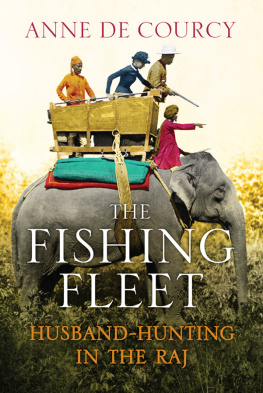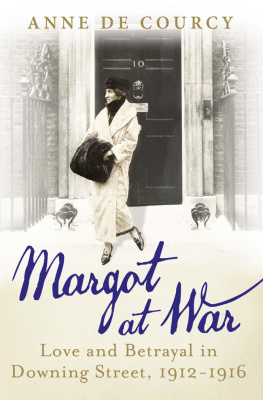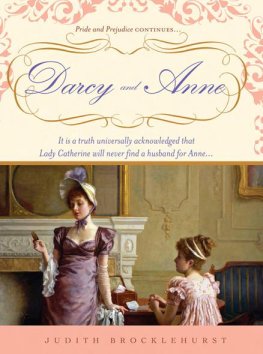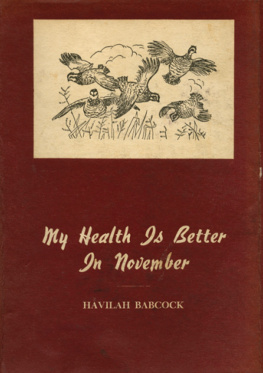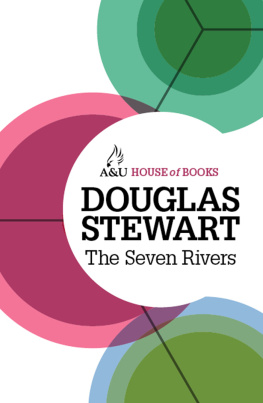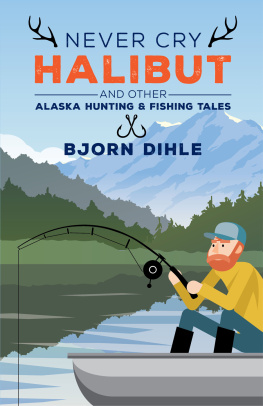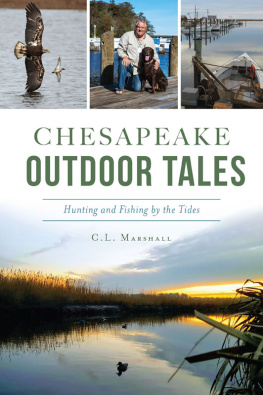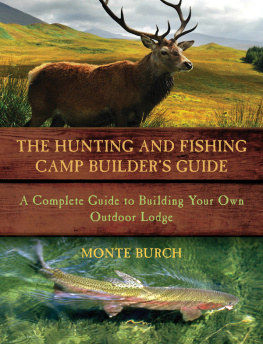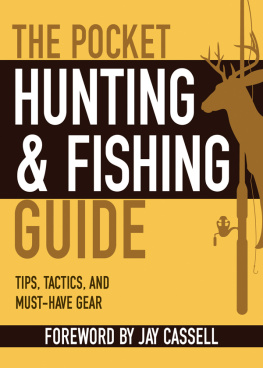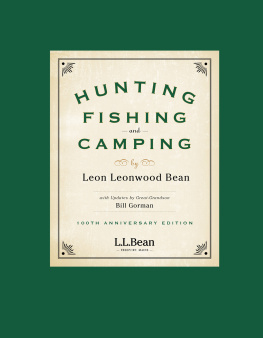Section One
Katherine Welford leaving for India in 1932 (Katherine Prentice)
Spar-fighting competition on board ship (Getty)
The Elgins arrive in India, 1894 (The Earl of Elgin)
A chummery in Mahalaxmi (Charles Arthur)
The five ADCs of the Viceroy, Lord Elgin, in full dress (The Earl of Elgin)
The Hon. Lilah Wingfield, just arrived for the Coronation Durbar of 1903 (Jessica Douglas-Home)
Lord Curzon on his way to the Coronation Durbar of 1903 (Charles Arthur)
Henry Babington Smith with his staff (The Earl of Elgin)
Lady Elgin seated in a silver tonjon (The Earl of Elgin)
A viceregal camp in Jodhpur (The Earl of Elgin)
A viceregal picnic (The Earl of Elgin)
Lady Elisabeth Bruce and Henry Babington Smith before their engagement (The Earl of Elgin)
A hunt breakfast of the Bangalore hounds in 1935 (Thomas Courtenay-Clack)
Marian Atkins on her horse Kitty (Malcolm Chase)
Hounds transported to the meet by camel cart (Charles Arthur)
A day at the races, Ootacamund (Helne Reade)
Annette Bowen in 1932 (Toby Garfitt)
Annette Bowen in Daphne at the Royal Madras Yacht Club Regatta (Toby Garfitt)
Annette Bowen at the Gymkhana Races in 1935 (Toby Garfitt)
Section Two
Mary McLeish with her fianc Nigel Gribbon (Mary Gribbon)
Katherine Welford, aged twenty (Katherine Prentice)
Jean Hilary, during a 1929 weekend with friends at Puri (Nicholas Thompson)
The wedding of Lady Elisabeth Bruce and Henry Babington Smith, Simla, September 1898 (The Earl of Elgin)
The view from Observatory Hill, Simla (The Earl of Elgin)
Simla amateur dramatics (Helne Reade)
Amateur dramatics at Viceregal Lodge in the 1890s (The Earl of Elgin)
A picnic by the Dal Lake, Srinagar, Kashmir (Nicholas Thompson)
A walk in the hills (Simon Durnford)
Hut 102A in Gulmarg, rented by the Lloyd family (Mary Lloyd)
The finals of a Gilgit polo match (Nick Phillips)
The Kadur Club cricket teams at Chickmugalur, 1910 (Thomas Courtenay-Clack)
Florence (Flossie) Ross (Caroline Seville)
Lieutenant Leslie Germain Lavie (Caroline Seville)
Grace Trotter (Charles Arthur)
Tiger shooting from an elephant (Charles Arthur)
A bullock cart for use on roads (Charles Arthur)
Bethea Field and her mother (Simon Durnford)
Bethea Field (Simon Durnford)
Violet Field (Malcolm Acheson)
Jim and Violet in their courting days (Malcolm Acheson)
Arthur de Coetlogon Williams (Simon Durnford)
Section Three
Lilah Wingfields photograph taken on the road to the Khyber Pass (Jessica Douglas-Home)
Leila Blackwell mounted on a yak on an excursion from Gilgit (Nick Phillips)
Mary Lloyd in a doolie (Mary Lloyd)
Rosemary Cotesworth and William Redpath leaving the church after their wedding (Andrew Redpath)
Iris Butler aged seventeen (Susan Batten)
Gervas Portal in his lungee (Susan Batten)
Iris Butler on her wedding day (Susan Batten)
Billy Fremlin on her wedding day (Thomas Courtenay-Clack)
Ralph Fremlin on safari (Thomas Courtenay-Clack)
The Smoking Concert, held in the Durbar Hall, Mercara, in 1910 (Thomas Courtenay-Clack)
Pam Fremlin arriving at the Bangalore Hunt Breakfast in 1935 (Thomas Courtenay-Clack)
A meet of the Bangalore hounds at 4-Mile Old Madras Road, August 1935 (Thomas Courtenay-Clack)
Sheila Hingston just before she came out to India in September 1929 (Helne Reade)
George Blackwood Reade (Helne Reade)
Greenwood, the Hingston house in Ootacamund (Helne Reade)
Gladys Hingston entertaining in Madras (Helne Reade)
The Opening Meet of the Ooty Hunt (Helne Reade)
A wedding party at Poona, 1906 (Simon Durnford)
The Elgin wedding cake (The Earl of Elgin)
After describing the weather and how he had overcome his aversion to the smell of durian fruits and now thought them delicious, Lieutenant Stuart Corbetts letter to his father in England continued:
You must not be surprised when I tell you that I am going to be married on the thirteenth of next month to Miss Charlotte Britten who has got a Brother in the 20th and is of a very respectable family, who reside at Forest Hill in Kent. I shall be able by this step to lead a regular and steady life which I have not been able to do for the last 4 months, the Officers of the 2nd Battn being all single and fond of sitting up till 3 or 4 in the morning which I do not like and still as a single man am not able to avoid it.
Surprise might well have been the reaction of the Reverend Stuart Corbett in his vicarage in the West Riding of Yorkshire when he received his sons letter, as the boy was a mere nineteen years old, even though young Stuart continued reassuringly:
I have been considering on the important step I am about to take and I really think I shall be much more comfortable and be able to lead a life more after the manner in which I have been brought up and be better able to take care of my health which is one of the most important considerations in the world as I have now had 3 attacks of fever the last of which was very severe and obliged me to come round to this place [Penang, then known as Prince of Wales Island] for the recovery of my health.
The year was 1822 and Corbett, a young officer of the East India Company, had snapped up one of the girls then known as the Fishing Fleet young women who travelled out to India in search of a husband. Trade with India, the jewel in Britains burgeoning commercial Empire, was vast and the promise of wealth and success if they survived disease and peril beckoned the young men of the Company. Once, they had formed marriages or liaisons with Indian beauties but by Corbetts time these days were past and most British girls stayed at home. So, for both parties, marriage was not so much about passion and romance as a matter-of-fact life choice, sealed by a contract, that had to be arrived at briskly or the prize would be lost to someone who was quicker off the mark.
The story of Charlotte Britten and Stuart Corbett is typical both of how the Fishing Fleet became an established phenomenon and of the magnetic pull exercised by India. It also shows the courage and adventurous readiness to take risks then inherent in the British character. How many parents these days would send a sixteen-year-old daughter on a six-month voyage that might easily end in death by disease or drowning * to a country from which she might never return, even though the golden apple at the end of the journey was that essential commodity, a husband? And how many daughters would consent to go? As did Charlotte and Mary Britten, respectively twenty and sixteen.



